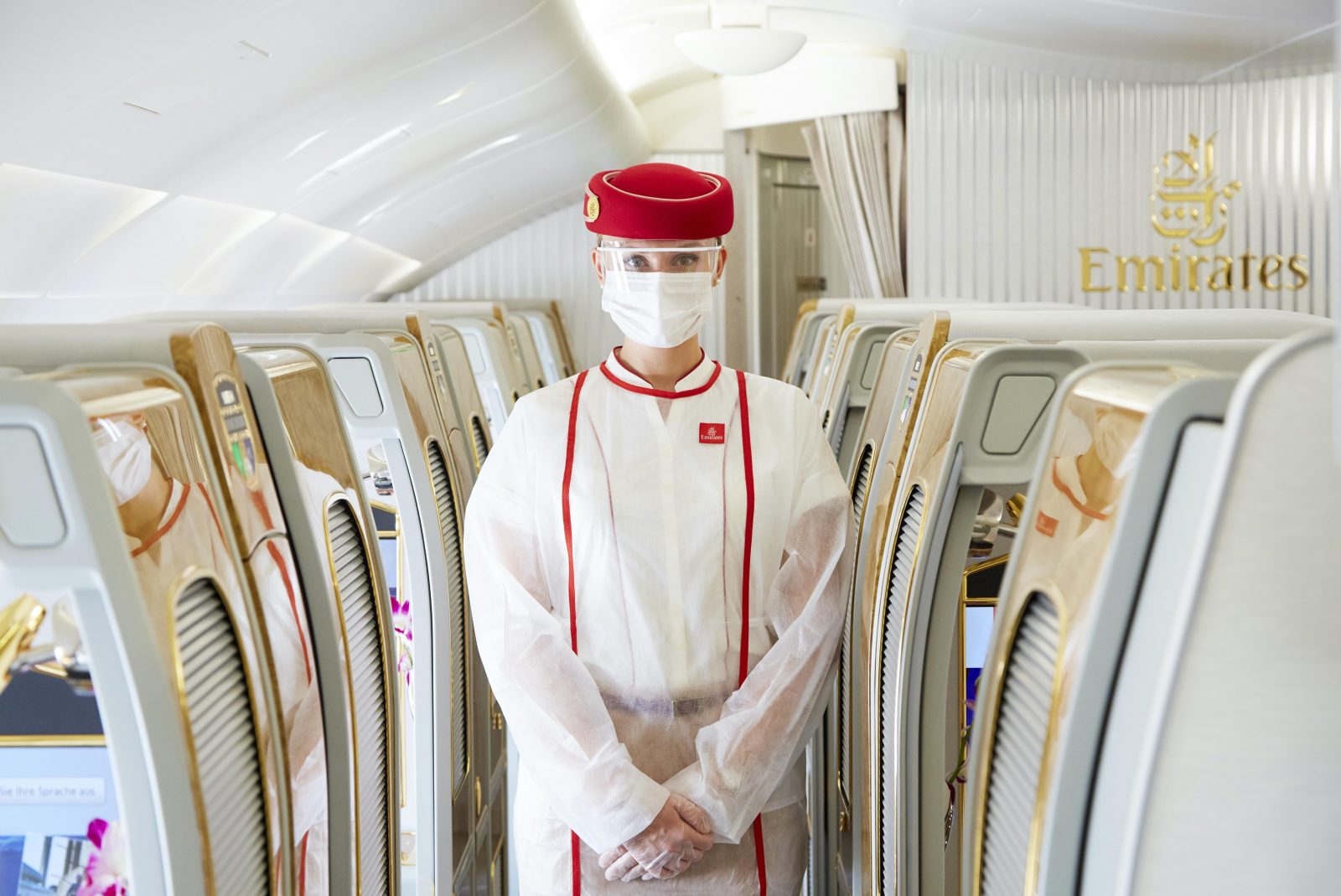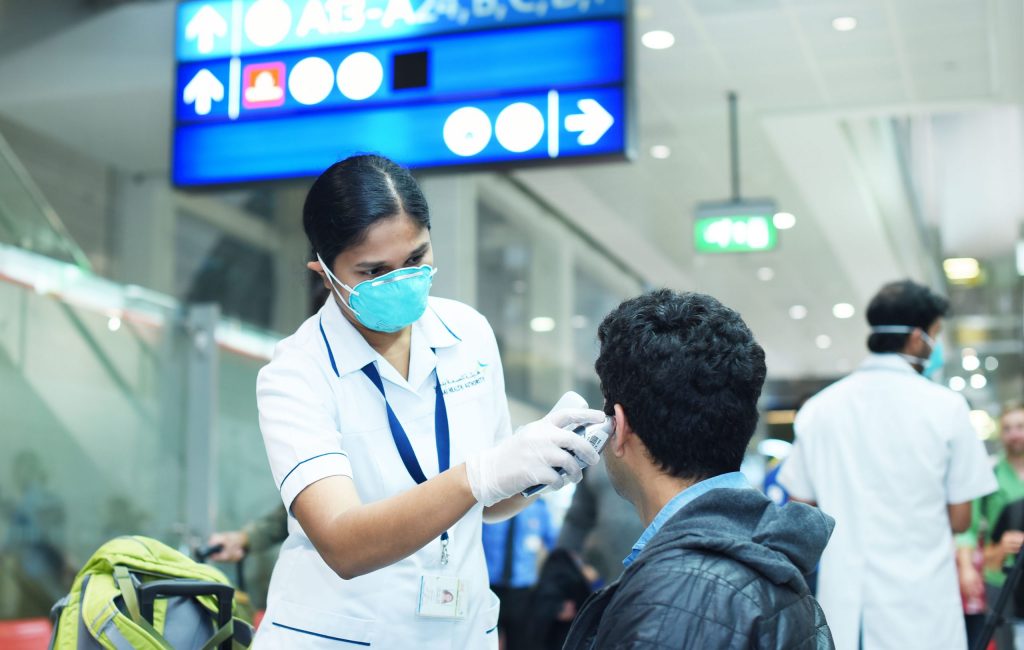
Dubai has simplified COVID-19 entry requirements for some travellers, allowing them to take a single test on arrival instead of obtaining a private test within several days of boarding a flight to the emirate. But for many other passengers, the testing requirements have become even more stringent with tourists and residents expected to take a pre-departure test and a second on their arrival in Dubai.
Since July, Dubai has been open to tourists of all nationalities so long as they present a negative COVID-19 test certificate dated within 72-hours of arrival. Initially, officials allowed tourists to skip the pre-departure test and instead get tested on arrival – including the use of trained dogs that could sniff out the novel Coronavirus – although that option was soon removed.

But Dubai is now set to reintroduce the option to be tested on arrival for travellers from both Germany and the United Kingdom. Emirates explained the changes in a statement but did not say whether passengers would be expected to pay for the test. Private pre-departure tests typically cost around $145.
All other travellers will still to pay for a private pre-departure test but the validity has been extended from 72-hours to 96-hours. The test must be a polymerase chain reaction (PCR) test which typically takes between 24-48 hours to be processed in a specialist lab. Rapid Coronavirus tests are not currently accepted.
But travellers from 54 countries, including parts of the United States, must obtain a pre-departure test and then take a second test on arrival in Dubai if they intend to stay in the emirate for any length of time. Transit passengers who remain ‘airside’ only need a pre-departure test.
The full list of countries where travellers will need to take two tests are:
Afghanistan, Angola, Argentina, Bangladesh, Cambodia, Chile, Cote d’lvoire, Croatia, Cyprus, Czech Republic, Djibouti, Egypt, Eritrea, Ethiopia, Georgia, Ghana, Greece, Guinea, Hungary, India, Iran, Iraq, Israel, Jordan, Kenya, Lebanon, Malta, Moldova, Montenegro, Morocco, Myanmar, Nepal, Pakistan, Philippines, Romania, Russia, Rwanda, Senegal, Slovakia, Somaliland, South Sudan, Sudan, Syria, Tajikistan, Tanzania, Tunisia, Turkmenistan, Uganda, Ukraine, United States (California, Florida, Texas), Uzbekistan, Vietnam, Zambia, Zimbabwe
Passengers from the following counties only need to obtain a pre-departure test:
Algeria, Armenia, Australia, Austria, Azerbaijan, Bahrain, Belgium, Bosnia & Herzegovina, Brazil, Brunei, Bulgaria, Canada, China, Denmark, Estonia, Finland, France, Germany, Hong Kong, Iceland, Indonesia, Ireland, Italy, Japan, Kazakhstan, Kirgizstan, Kuwait, Latvia, Lithuania, Luxembourg, Macedonia, Malaysia, Maldives Islands, Mauritius, Netherlands, New Zealand, Nigeria, Norway, Oman, Poland, Portugal, Saudi Arabia, Serbia, Seychelles, Singapore, Somalia, South Africa, South Korea, Spain, Sweden, Switzerland, Taiwan, Thailand, Turkey, United Kingdom, United States (New York, Washington DC, Boston, Chicago, Seattle)
UAE residents travelling from the above countries can also choose to take a single test on arrival in Dubai. Travellers who choose to take the test on arrival will likely need to self-isolate while their tests are processed.
Related
Mateusz Maszczynski honed his skills as an international flight attendant at the most prominent airline in the Middle East and has been flying ever since... most recently for a well known European airline. Matt is passionate about the aviation industry and has become an expert in passenger experience and human-centric stories. Always keeping an ear close to the ground, Matt's industry insights, analysis and news coverage is frequently relied upon by some of the biggest names in journalism.







